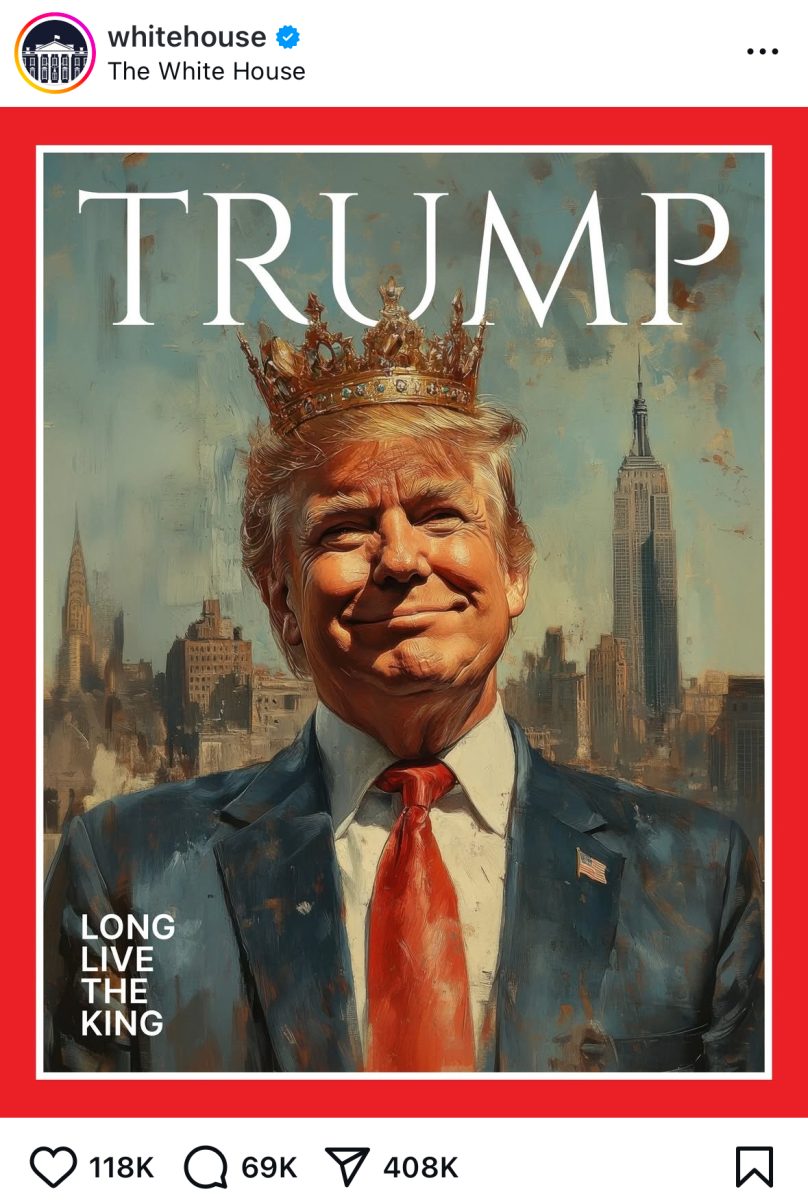If there is one sentiment commonly expressed among Democrats of all stripes — aside from a white-hot desire to send President Donald Trump home packing from the Oval Office — it’s a longing for the chance to assess a small handful of serious presidential contenders in a way that doesn’t feel like three hours of policy-laden speed dating.
Sorry.
A record-breaking twelve candidates, the overwhelming majority of which have little to no chance of winning the primary, were crammed onto the debate stage at Tuesday’ night’s convocation. Amidst a backdrop of an intensifying impeachment investigation against President Donald Trump and a Turkish military incursion that has set off bipartisan condemnation, the top 12 Democratic candidates clashed on health care, foreign policy, big tech, gun policy and more. Here’s the upshot about what the debate means for the state of the race.
Warren draws fire for the first time
Sen. Elizabeth Warren, who was already heading into the fall campaign season with a tailwind, had a strong night at the first debate since she overtook former Vice-President Joe Biden in the national RealClearPolitics average of polls. Resultantly, she was treated by her fellow Democrats as the de facto front-runner, facing invigorated attacks from almost every candidate. Mayor Pete Buttigieg of South Bend, Ind. and Sen. Amy Klobuchar of Minnesota led the offensive, assailing Warren’s support for Medicare for All. Indeed, Buttigieg implied that she didn’t trust Americans to decide for themselves whether or not they want to remain on their private insurance plan, and Klobuchar dismissed Medicare for All as an expensive “pipe dream.” Although I wish Warren would be more explicit about the arithmetic — that potential tax increases for middle-class Americans to fund Medicare for All would be more than offset by eliminated deductibles, premiums and copays — she stayed cool and confident under fire, and the debate served as a certification of her status as one of the two front-runners in the race, alongside Biden.
Trouble for Biden on the horizon?
Unlike in the previous three debates, no one instigated a fight with Biden. It was an indication of his diminished status in the race — his opponents don’t view him as much as a threat as they once did. To be fair, as former Secretary of Housing & Urban Development Julian Castro learned the hard way last debate, attacking Biden also hasn’t served his fellow Democrats very well when they’ve tried. Generally, it’s a telling sign that other moderates, such as Buttigieg and Klobuchar, attempted to present themselves as a Biden alternative by contrasting themselves to Warren instead of the former Vice President. She, not Biden, was perceived as the candidate to beat.
No more Mr. Nice Guy for Mayor Pete
Buttigieg is no longer just the mayor of tiny South Bend — in recent months, he has become a serious factor in the race, reporting staggering fundraising totals and building a formidable campaign operation in Iowa, the state where candidacies do or die. Although in the past three debates, he focused on intellectual, philosophical policy talk, on Tuesday he was measurably more sharp-elbowed. “Dead wrong,” he snapped at Hawaii Rep. Tulsi Gabbard when she criticized the “regime change war” in Syria. “You just made clear you have no idea,” he responded when former Texas Rep. Beto O’Rourke gave a murky answer on how he’d enforce his proposed buyback of assault weapons, which has become his signature issue. “I don’t need lessons from you on courage, political or personal,” he bristled. “Everyone on this stage wants to get something done.” Should Biden falter, Buttigieg clearly has an eye on emerging as a moderate challenger to Warren or Sanders.
No game-changing moments for low-polling candidates
By obligation, the sixth night of Democratic debates included seven candidates who have yet to reach even five percent in major polls. While some lower-tier candidates, such as Sen. Cory Booker, posted strong performances, others, such as billionaire Tom Steyer, contributed little to nothing. For many of the candidates, the route to success is now more likely to come from developing support on the ground, starting in the early states, rather than assuming that a viral jab on the debate stage will provide a springboard. The others should get out of the way; it’s more than time for the field (and the debate stage) to narrow substantially.
Democrats agree about what really matters
As the moderate vs. progressive wings of the Democratic party square off, it’s crucial to keep in mind that ultimately, every one of those 12 candidates agrees on the fundamentals, and when one considers the grave threats that a second term of the Trump administration presents to our country, it becomes clear that many of the differences between Democrats’ individual policies are largely just semantics.
To be sure, Democrats may debate the merits between Medicare for All versus a public option alongside those offered in the Obamacare exchanges, but all of the Democratic candidates believe that no American should face financial crisis due to a health emergency. The Trump administration doesn’t. Democrats may question the most effective way to pursue an impeachment inquiry, but they all agree that a corrupt president who abuses his office for personal gain must be held accountable. The Trump administration doesn’t. The left may dispute the best foreign policy strategies in the Middle East, but they understand that the White House’s decision to pull back U.S. forces in northern Syria opened the way for Turkey to invade and completely abandoned the Kurdish fighters who were our allies in the fight against the Islamic State. The Trump administration doesn’t.
These issues are what really matters in this election — not lower-stakes intraparty policy squabbles, which can be ironed out later. Let’s try not to let the bickering and theatrics of the debate stage make us lose sight of that.
















